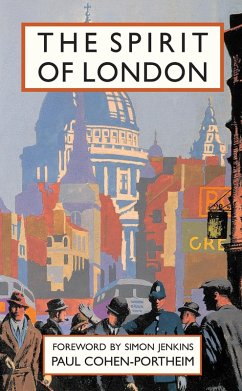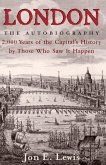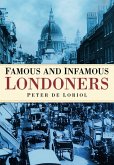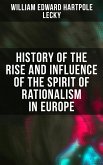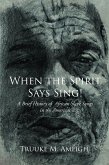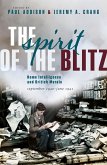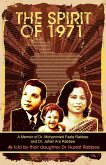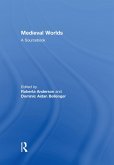London is brought to life through its people, buildings and history in this classic book, first published in 1935. The Spirit of London presents a wonderful snapshot of our capital before World War II and a charming insight into urban life in the 1930s.
Paul Cohen-Portheim was an Austrian traveller and writer who was interned in the UK during World War I. His enforced stay made him fall in love with England and in particular, London. This is his take on the irrepressible city.
Chapters include: Towns Within, Town Streets and their Life, Green London, London Amusements and Night Life, Traditional London, London and the British and London and the Foreigner.
The book features Brian Cook's iconic illustration of Ludgate Circus and St Paul's on the cover. Add in the charm of the authentic voice of a 1930s Londoner, this book should be enjoyed by all Londoners and London enthusiasts.
Dieser Download kann aus rechtlichen Gründen nur mit Rechnungsadresse in A, B, BG, CY, CZ, D, DK, EW, E, FIN, F, GR, H, IRL, I, LT, L, LR, M, NL, PL, P, R, S, SLO, SK ausgeliefert werden.

